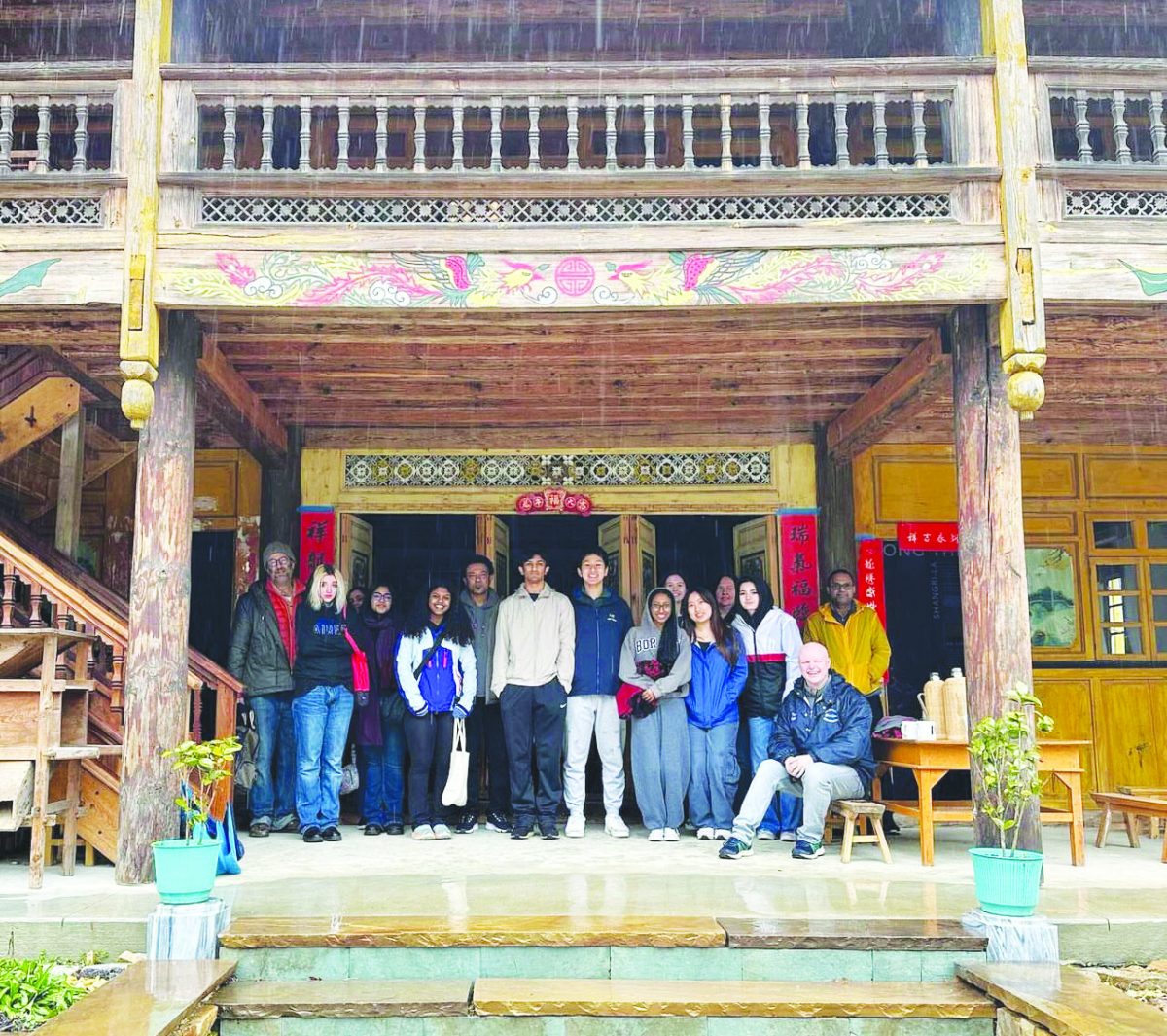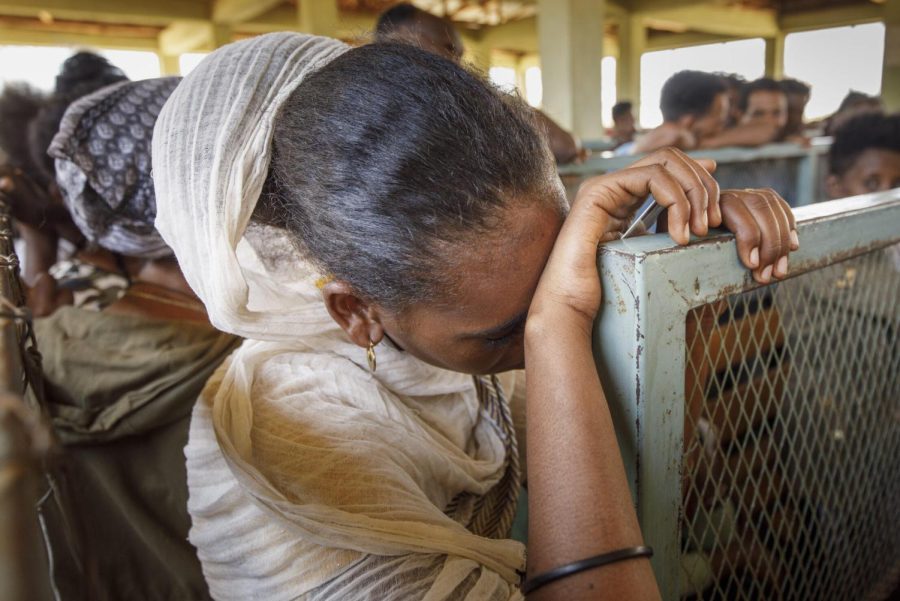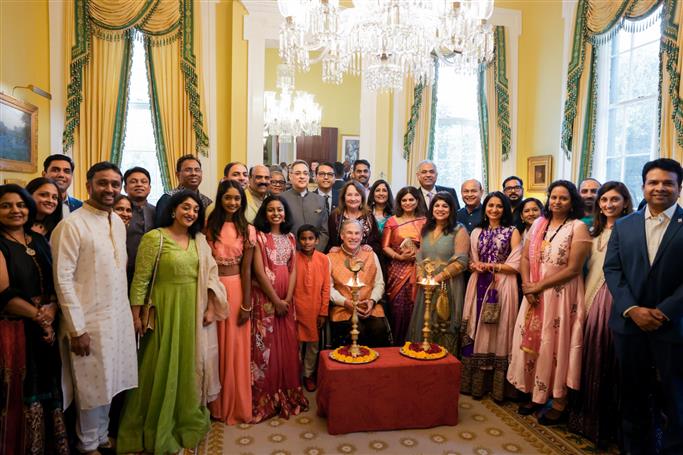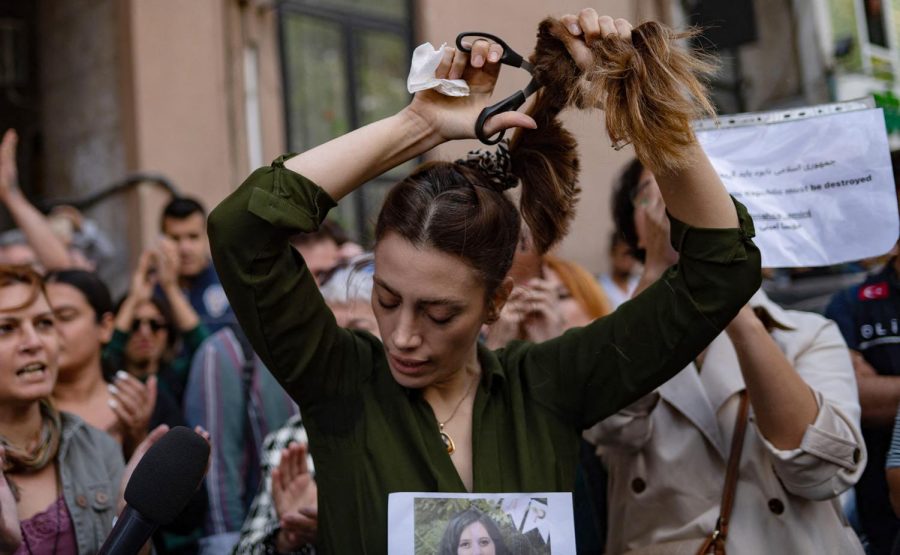The last time senior Emily Farsani heard from her uncle was when he was in southern Japan this past summer. She was looking forward to hearing from him again. Due to the Sendai earthquake and tsunami, Farsani now does not know if she ever will.
Farsani’s uncle is one of the many people missing after the magnitude-9 earthquake and 7 meter (33 foot) high tsunami that hit Japan March 11.“We knew he was missing because we got in contact with everyone in my family except for him,” Farsani said.
Nearly 9,500 people have perished as a result of the natural disasters in Japan.
“My family and I pray every day that he is found safely, and think positively thats he’s okay,” Farsani said, “We can’t really do anything to help find him, we just have to wait for him to call.”
Other AHS students have been more fortunate to have heard from their relatives in Japan.
Senior Dan Doan, has heard from his brother and sister-in-law but they are concerned about their future life in Japan.
“I wasn’t that informed right when it happened because of the time differences but thankfully, my brother sent me an email. My dad wasn’t worried because he didn’t think it was that big of a deal at first,” Doan said “But my brother emailed me right after to say that his wife and dog were fine. [My brother] said his apartment was messed up, as a lot of things fell on the ground, but no one got hurt.”
“Gas prices are high and water is scarce and or contaminated, so my sister-in-law left Tokyo for her hometown farther east. [My brother] doesn’t know when things will calm down,” Doan said. He planned on visiting Japan in the summer but now has second thoughts about whether he should still go or not. “I don’t know if I can go anymore because of all the turbulence in Japan,” said Doan.
“I personally love Japan and it makes me sad to see that they’re going through all this at one time,” junior Emily Oliver said. Oliver knows a family who came to stay in the U.S. temporarily. “I know some people who live there, not in the affected area, but near enough that they came here [to the US] to get away from it all.”
Oliver’s father planned on traveling to Japan this summer.“Now he doesn’t know if he’ll be able to go. If things clear up by then I’m okay with it,” Oliver said.
“I’m just glad they’re here, safe. They’re going back in two weeks but for now the pregnant mom is staying away from any radiation,” Oliver said.
The radiation comes from the Fukushima Daiichi nuclear plant, which as a result of the natural disasters, has been crippled.
Japanese authorities have cautioned parents against giving their babies tap water or using it in formula. Iodine-131, the component of tap water which causes radioactivity, can lead to over absorption by the thyroid gland. Infants are three times less likely to be safe from thyroid cancer in this situation than adults.
The World Bank has estimated that the natural disaster combination could cost the Japanese economy up to $235 billion. All U.S. citizens are being affected agriculturally, as the U.S. has placed strict restrictions on the milk and milk product, vegetable, and fruit imports from Japan.
Japan’s most deadly seismic event was the Great Kanto Earthquake of 1923, which had a death toll of over 133,000 people. The last devastating tsunami-prompting earthquake in Japan was in 2004 and killed over 300,000 people. It was centered off the coast of Sumatra and affected dozens of countries.
Sophomore Christine Lee takes Japanese as her foreign language course and as well as an academy course. She and her classmates have put a lot of focus into the events that happened in Japan.
“My teacher made a fundraiser about what happened. The origami is for one single victim. The cranes made are for the fundraiser,” Lee said. I feel bad for the victims. My teacher doesn’t really say much about it but you can tell she’s sad about it because she was born there.”
Want to Help Japan? Here are a few things you can do:
- Buy a Lady Gaga Earhtquake relief wristbands for $5 that say “We pray for Japan.” They are in red and white for all her little monsters. All proceeds will go directly to help Japan. The bracelets were shipped out on March 25.
- Next time while on Facebook, go to the American National Red Cross’s page to donate anywhere between $10 and $500 to help the victims from the earthquake and tsunami in Japan.
- Lake Braddock student, senior Kristina Roller, is making bracelets for $2 to help Japan. All proceeds will be directly funded to them. You can reach her on her facebook page or contact senior Rachel Baker.
- Donate via iTunes between $5 to $200 to the Red Cross.
- The organization, Shelterbox, provides aid boxes to the victims in need. The box includes a tent for a family of ten, cooker, blankets, water purification, tool kit and other items. To donate visit their homepage, shelterbox.org
- On the Salvation Army’s homepage there is a link to donate to help the victims of Japan. The Salvation Army has been working with Japan since 1895.
- A portion of the money used to buy any song from the “American Idol Top 12 Season 10” compilation album will be donated to relief effort in Japan.
- Go to CNN.com/impact to follow recent updates in Japan






